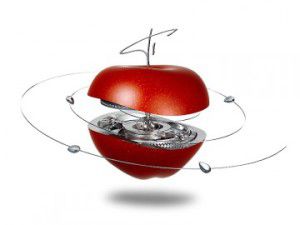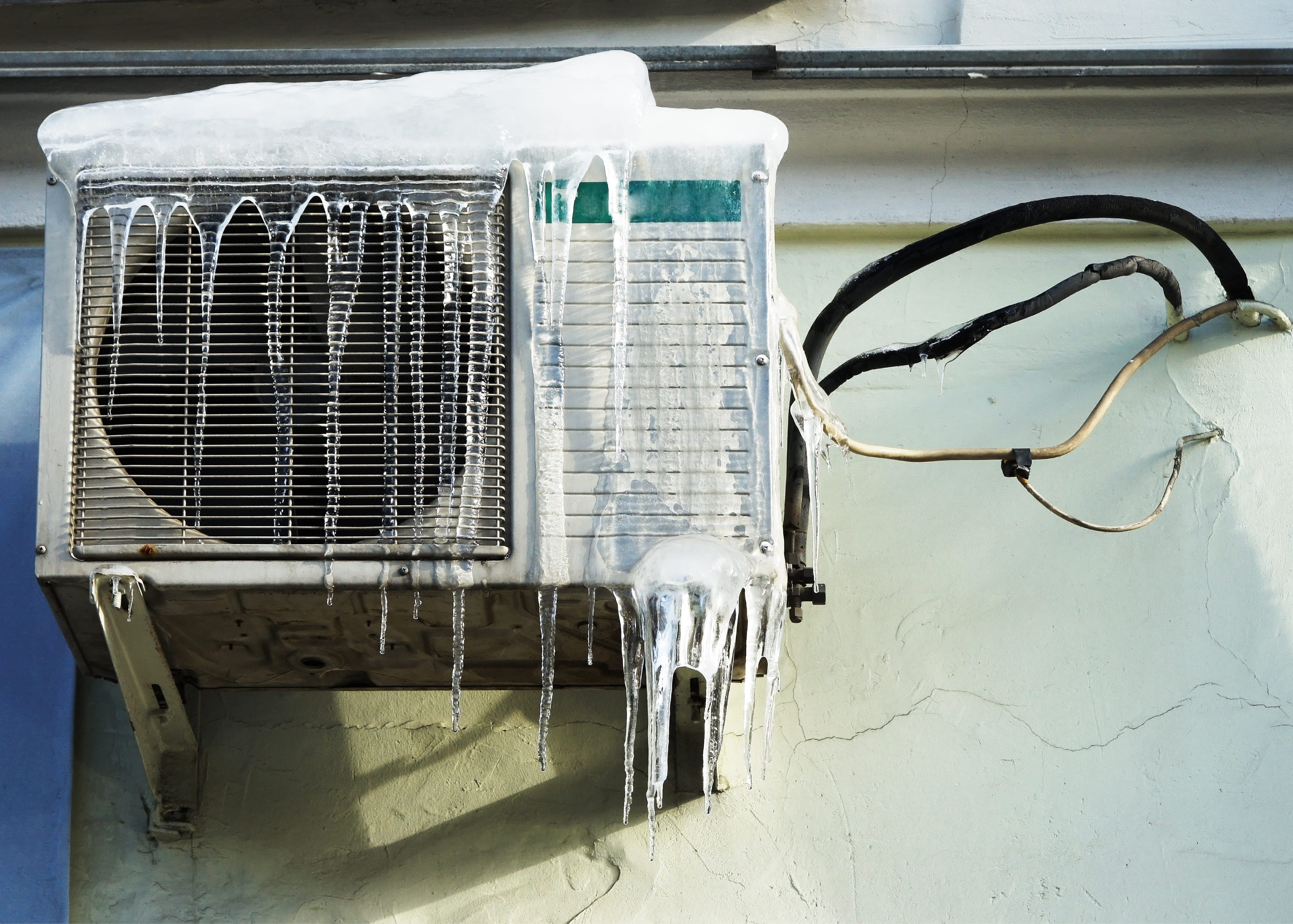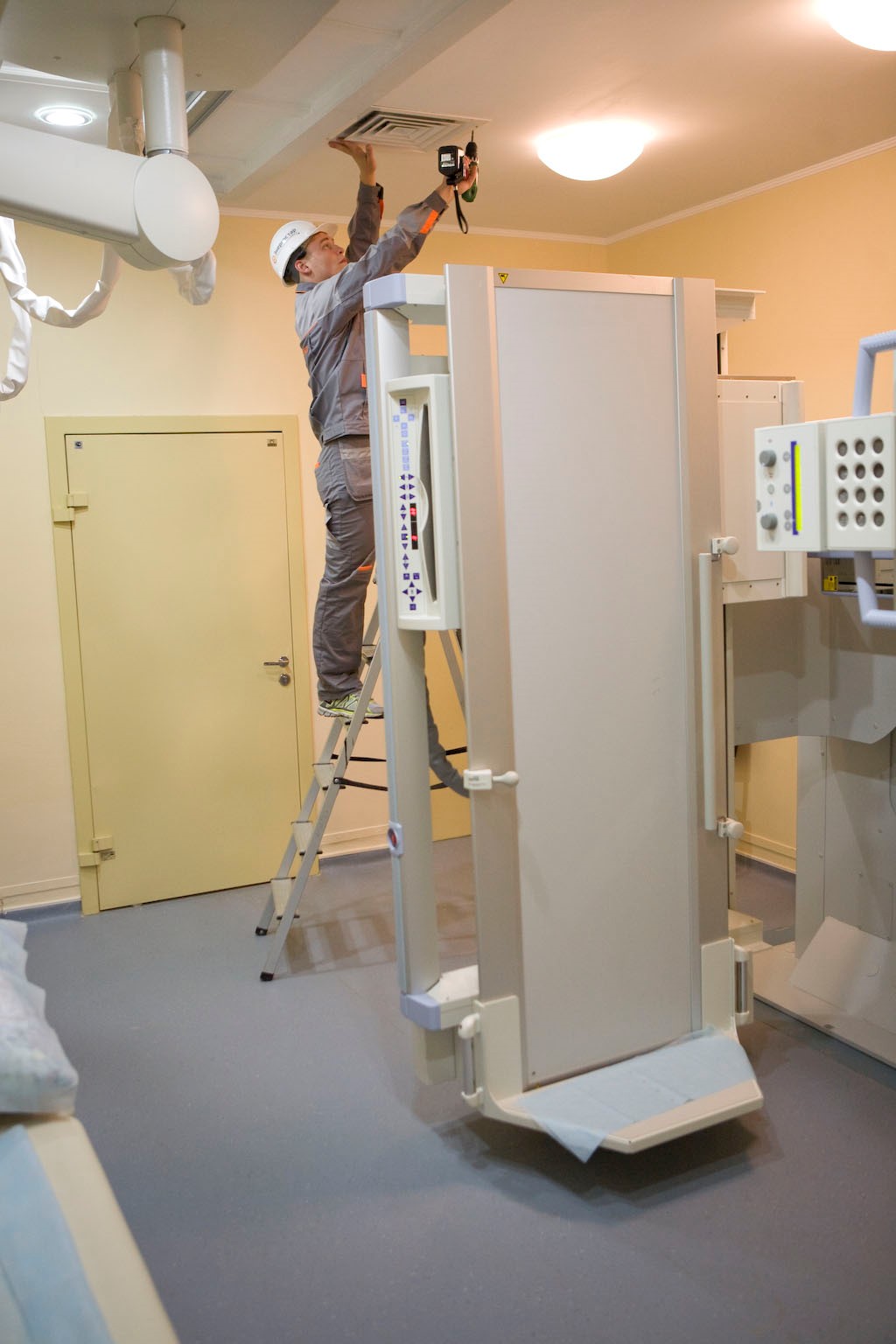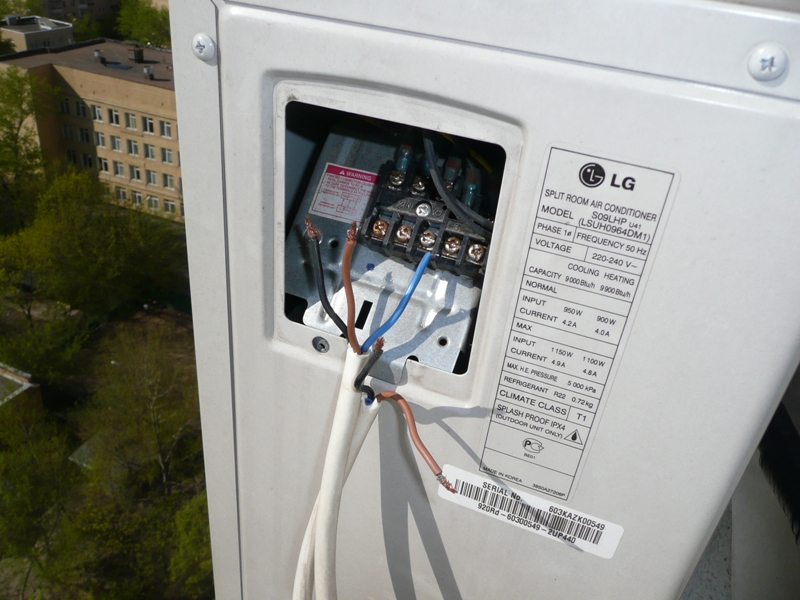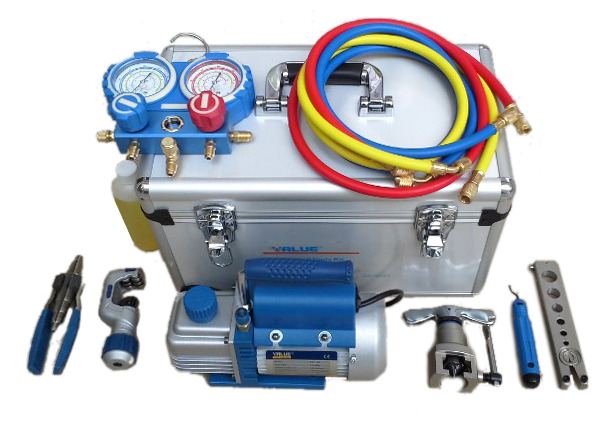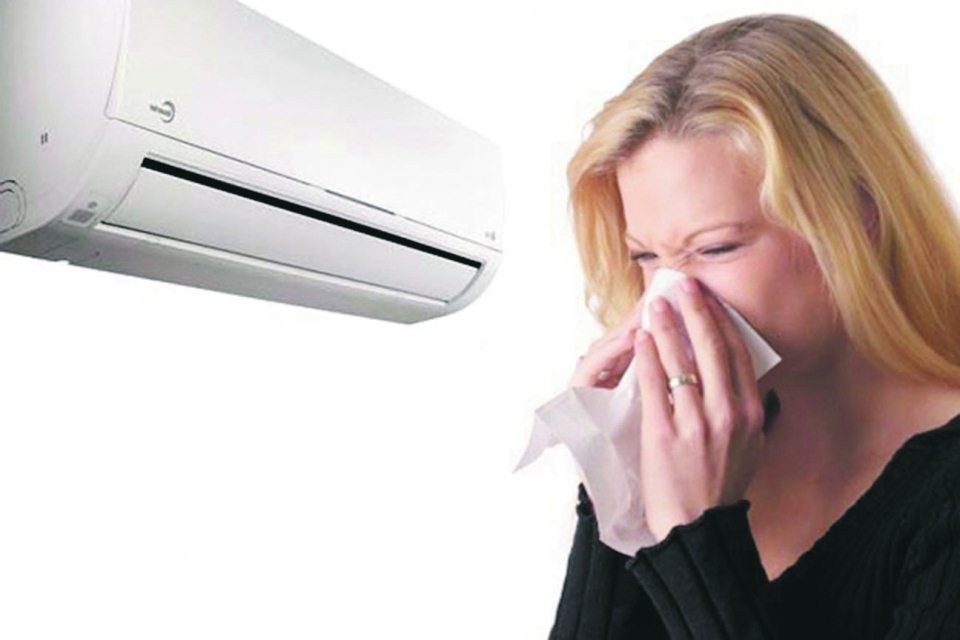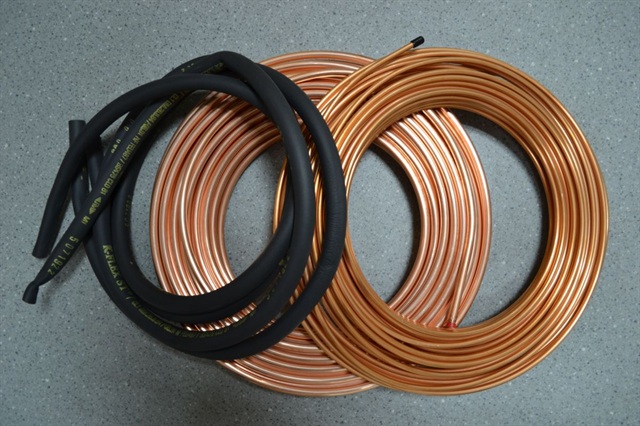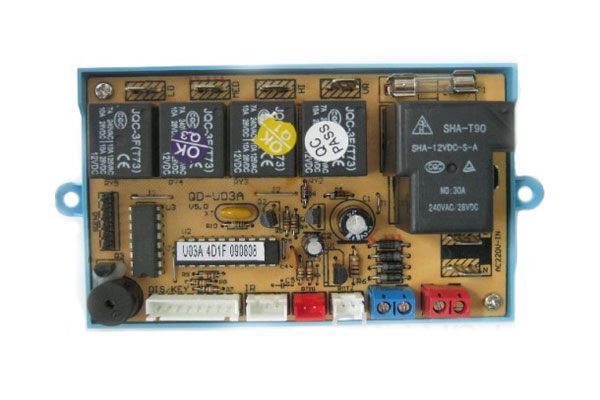An inverter is an electronic module that is built into the outdoor unit of the air conditioner. The task of the inverter is to smoothly change the intensity of the compressor, decreasing or increasing the capacity of the air conditioner.
The principle of operation of an inverter air conditioner
Cons of non-inverter technology:
- temperature drops in the room can reach 2 degrees, which in some cases is unacceptable;
- the compressor constantly runs at full capacity, even when it is necessary to slightly cool the air;
- the air conditioner blows out a stream with a temperature of +10 degrees, which creates uncomfortable conditions for finding people.
Inverter air conditioners are devoid of these disadvantages. The inverter controls the capacity of the air conditioner smoothly.
The compressor does not stop, it only reduces its speed to a minimum. Electronics converts AC current into DC, after which it outputs AC current at the desired frequency. Thanks to this chain, the intensity of the compressor can be changed in a very wide range, affecting the electrical power of the air conditioner.
Inverter control advantages
What capacity of the air conditioner is affected by the inverter? The level of refrigeration capacity changes, which is impossible with a clock control system.
The electrical networks do not experience the overloads required when starting the compressor.
The electrical power of the air conditioners changes depending on the need, due to this, electricity is also saved (on average 30%, but special models up to 60%).
The noise level also depends on the power of the air conditioner. It is lower for inverters.
The resource of the air conditioner is saved, it wears out less, because each switching on and off reduces its "life".
Smooth inverter power control of the air conditioner allows you to maintain the temperature in the room with an error of 0.5 degrees.
It makes it possible to work at lower external temperatures.

